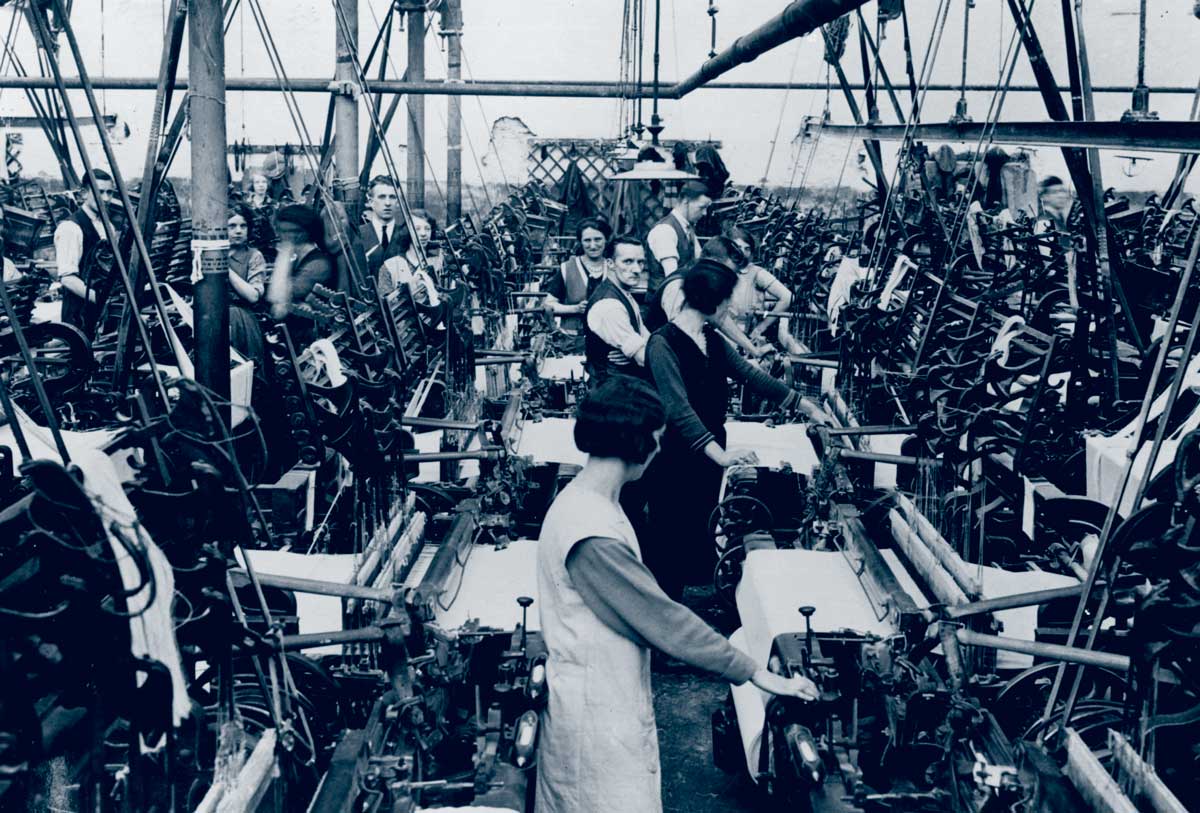Hard Work | History Today - 2 minutes read

Universal credit, introduced by the UK government in 2013, was intended to represent a significant development in social security policy. It aims to simplify provision for both workless and poor in-work households, as well as providing incentives for people to seek paid employment. Yet the benefit has become mired in controversy. It is associated with an increase in food poverty (alongside a rise in the use of food banks), rent arrears and, because of the Treasury’s use of it to make savings in social security spending, the further impoverishment of already poor people. In a controversial interjection, the United Nations’ Special Rapporteur on Extreme Poverty and Human Rights, Philip Alston, described it as ‘fast falling into Universal Discredit’.
The issue of state provision for the poorest people is something that British governments have tried to address for centuries: how might the poor’s needs be relieved as cheaply as politically possible while ensuring that the financial incentives for people to do paid work and to earn more when in work are preserved? These concerns, which frame universal credit and its structure – a single qualifying criterion of whether people are poor enough to receive it – are familiar in histories of poverty relief, most notably in what was described as ‘relief in aid of ... wages’, or ‘allowance’ relief in the 1834 report of the Royal Commissioners’ inquiry into the Administration and Practical Operations of the Poor Laws.
Source: History Today Feed